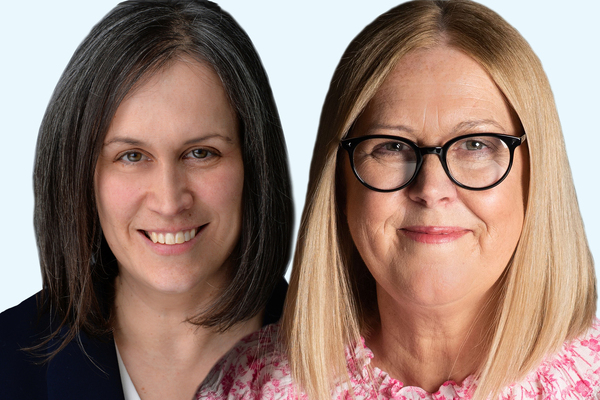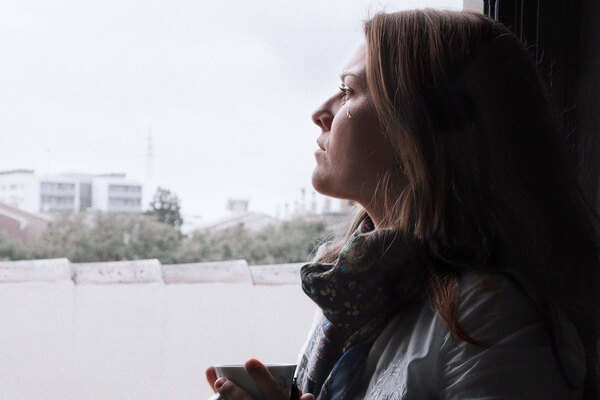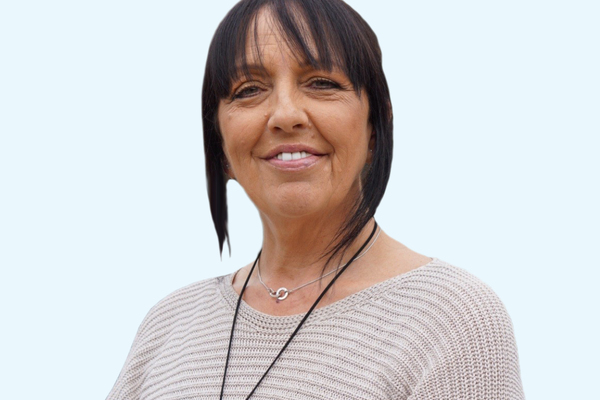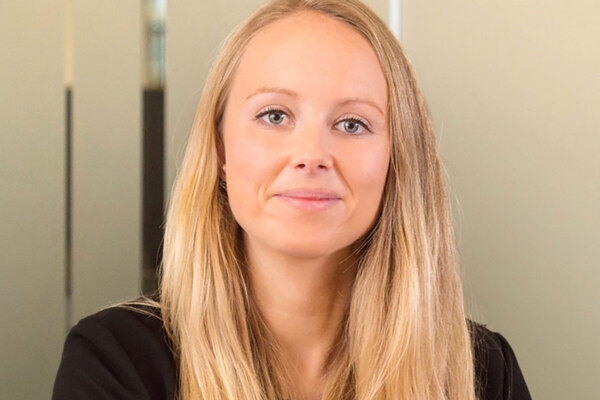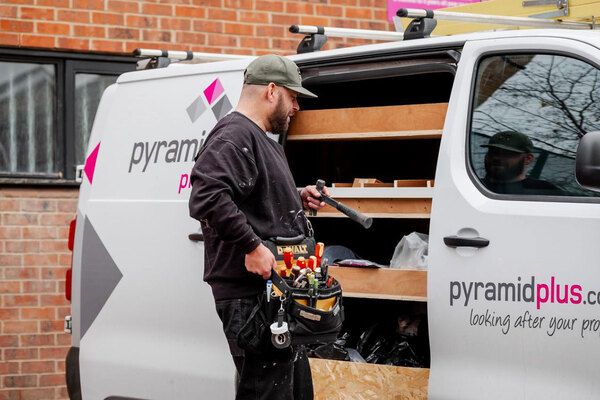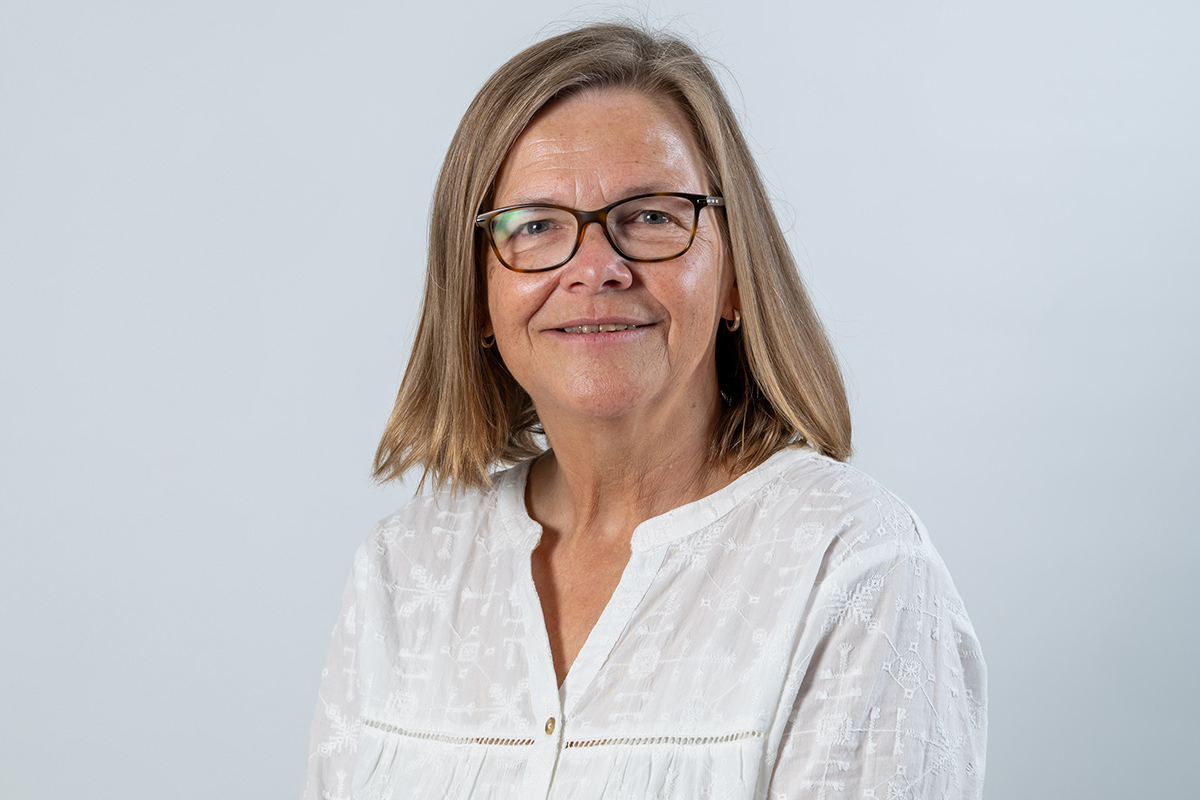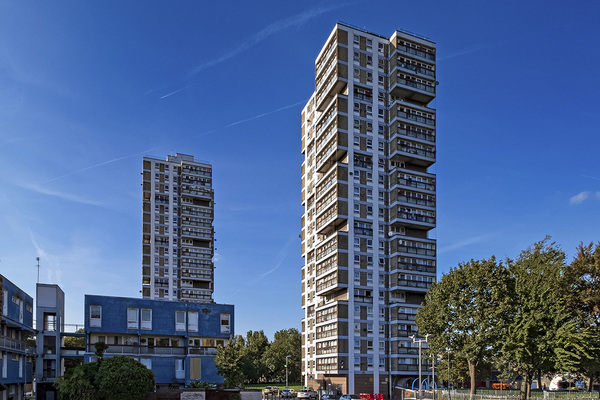You are viewing 1 of your 1 free articles
A fully furnished new start for domestic abuse survivors
We are piloting a new partnership with Furnishing Futures to give domestic abuse survivors the best chance at creating a safe home, writes Elly Hoult, chief operating officer at Peabody

Elly Hoult is chief operating officer at Peabody, and vice-president of the Chartered Institute of Housing
Many people stay in an abusive relationship out of fear. Fear the abuse will get worse, fear for their lives, or the fear of leaving everything behind and having to start from scratch.
When a domestic abuse survivor leaves their former home, with no furniture of their own and little money, they often face a stark choice of living without furniture or a life of ‘buy now, pay later’ debts.
But survivors don’t take this decision lightly. There are bills, belongings and families to think about. These pressures, coupled with a controlling relationship, can put people off choosing to leave in fear of the unknown.
Having the opportunity to move into an affordable home that’s already furnished relieves that pressure, boosts well-being and can ultimately save a life.
Peabody has partnered with the London Borough of Waltham Forest and charity Furnishing Futures to create professionally designed, fully furnished homes for domestic abuse survivors.
During the pilot, we’re offering affordable homes to three households who have fled domestic abuse and applied to Waltham Forest Council for social housing after living in refuge accommodation.
Furnishing Futures will work with the resident to design and furnish their new home, providing white goods, furniture and soft furnishings at no cost to them.
“There are bills, belongings and families to think about. These pressures, coupled with a controlling relationship, can put people off choosing to leave”
Our domestic abuse specialist, Natalie Blagrove, has been working closely with the Furnishing Futures team, which is made of experts in both support work and interior design. They work with residents to find out exactly what they need to make their home as comfortable as possible, while being mindful of their past traumas.
They use furniture donated by their contacts in the interior design industry and supporters of the charity. In doing so, they saved 36,000kg of unwanted furniture from landfill last year alone – saving residents money and protecting the environment.
To date, Furnishing Futures has helped 88 women and children across London get back on their feet. The charity has also supported a further 43 women and children through their work in furnishing and redecorating women’s refuges.
The impact this has on people is clear in the testimonies from the women that Furnishing Futures’ work has helped to rebuild their lives.
Anya, who was helped by the charity, said: “I met Furnishing Futures during a very difficult time in my life – I was ending a decade-long abusive relationship. Thankfully, I was given a beautiful home to escape to safety, but it was empty as I couldn’t take anything from my marital home. I had to start again from scratch, sleeping on air beds and eating off paper plates.
“Furnishing Futures came to my aid and looked after me, providing essential items at first. They were patient, even when I didn’t know what I needed or what I liked. They furnished the whole flat, so it’s beautiful, cosy and feels like home. I started with nothing, but now I can provide a safe environment for my daughters. I don’t know what I’d do without their help.”
“In controlling relationships, survivors often have their choices taken away from them, and the fear of leaving with nothing puts lives at risk”
The links between health and housing are well known and long established, and housing is a significant building block of good health and well-being. Offering these three households the opportunity of safety, affordability and a place to call home will be vital to their health and happiness.
In controlling relationships, survivors often have their choices taken away from them, and the fear of leaving with nothing puts lives at risk. This pilot will support survivors to raise their self-esteem, give them a say in how they furnish their new homes and the power to make decisions.
We are confident this scheme will allow survivors to take back control of their lives and give them another chance at happiness.
Sign up for our daily newsletter
Already have an account? Click here to manage your newsletters

